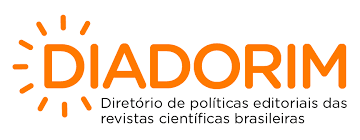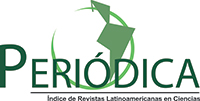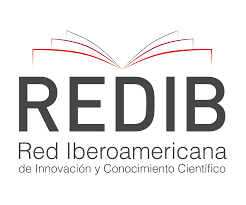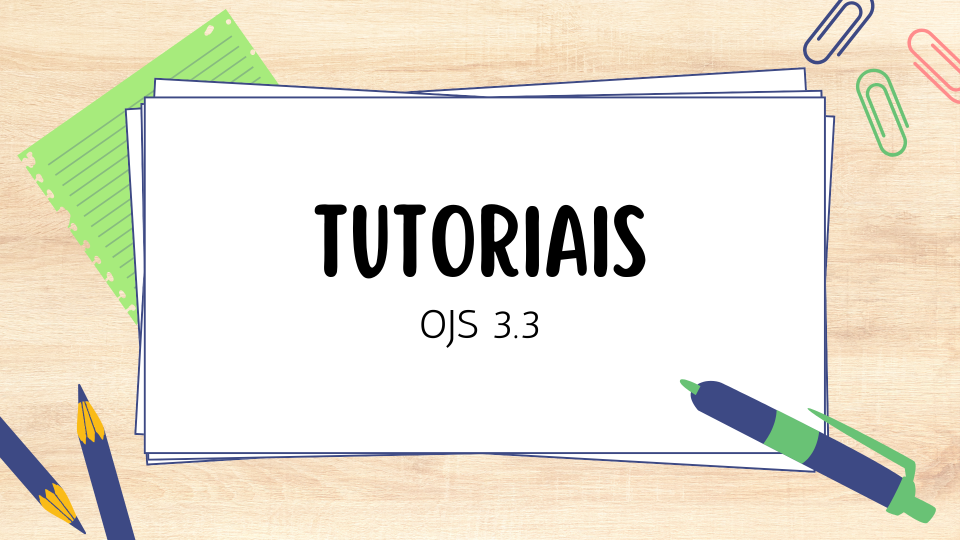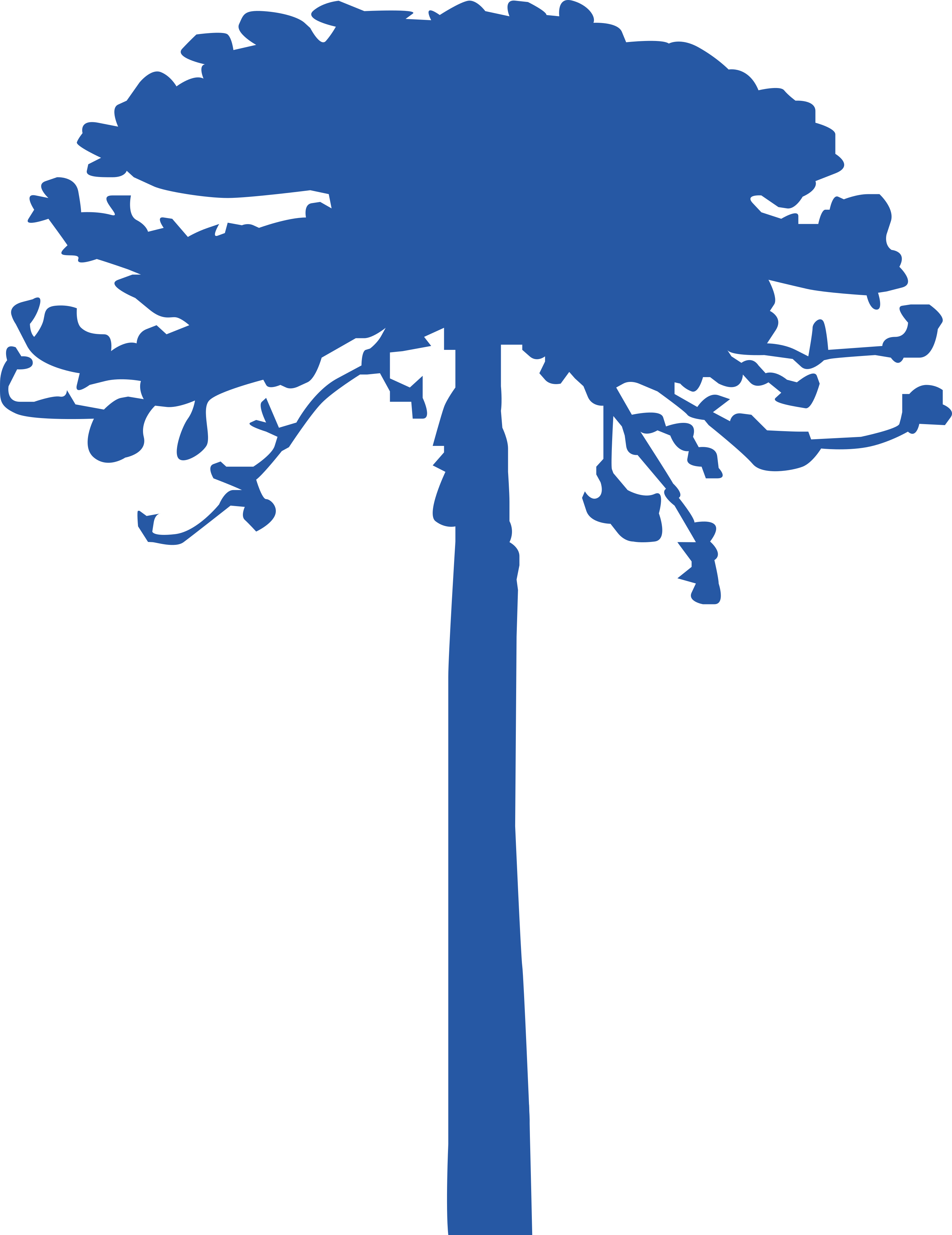CONSULTA DE ENFERMAGEM SUSTENTADA NA RELAÇÃO DE AJUDA: A PRÁTICA ASSISTENCIAL À PESSOA PORTADORA DO MAL DE CHAGAS
DOI:
https://doi.org/10.5380/ce.v7i2.1664Palavras-chave:
Comportamento de ajuda, Relações enfermeiro-paciente, Relações interpessoais, Doença de Chagas, Referência e Consulta, Assistência ao paciente, Helping behavior, Chagas Disease, Nurse-patient relations, Patient care, Interpersonal relations, Referral andResumo
Trata-se de um projeto assistencial desenvolvido com pacientes portadores do Mal de Chagas, usuários do Ambulatório de Atenção ao Paciente Chagásico, em hospital universitário de Curitiba, no período de maio de 2001 a agosto de 2002. Optou-se pelo referencial teórico, a Teoria das Relações Interpessoais de Joyce Travelbee. Os objetivos foram implementar a consulta de enfermagem sistematizada na relação de ajuda, caracterizar o paciente portador de Mal de Chagas, usuário do ambulatório, e elaborar tópicos orientadores para a entrevista de ajuda. Utilizaram-se os conceitos de: Ser humano, Enfermagem, Ambiente, Saúde e Doença e Relação de ajuda. O trabalho desenvolvido mostrou que a utilização da teoria possibilitou o desenvolvimento de assistência humanizada, considerando o paciente, ser humano único, com historicidade e cultura própria; favorece a participação do paciente no processo e ajuda-o a desenvolver suas potencialidades. O estudo apontou caminhos para o enfermeiro refletir sobre a assistência prestada. Concluiu-se que o conhecimento é desenhado a cada dia, através do aprendizado com o paciente, que se torna o principal sujeito do processo, pois indica e delineia caminhos e formas de ajudá-lo. Trabalhar, sustentada em um marco conceitual, orienta o percurso a ser feito e estabelece parâmetros proporcionando segurança nas ações; contribui para a autonomia do profissional e, conseqüentemente, melhora a prática educativa. Assim, o que inicialmente é corpo teórico passa a ter significado prático.
Nursing assessment relied on a helping relationship: assistance practice to the patient suffering from Chagas disease
Abstract
It is an assistance project to patients suffering from Chagas disease, users of the Day Clinic for the Patients Suffering from Chagas Disease at a Teaching Hospital in Curitiba/ Brazil, from May/2001 to August/2002. The theoretical background chosen was Joyce Travelbees Theory of Human to Human Relationship. It aimed to implement nursing assessment based on a helping relationship, outline a profile of the patients suffering from Chagas disease- the clinics users - and work out some guidelines for a helping interview. The following concepts were used: Human Being, Nursing, Environment, Health/Disease, Helping Relationship. The work undertaken pointed out that the theoretical approach used has enabled to render humanized care, considering the patient a unique human being, with his/her own background and culture, favoring his/her participation in the process and fostering his/her potentialities. The study brought about nurses pondering on delivered caring. It was concluded that knowledge is fostered through daily learning with the patient who becomes the main agent in the process, delineating ways and pointing manners to be assisted. Work relied on a concept guideline shows the way to be followed, sets parameters - and consequently, confidence in actions - contributes for professional autonomy and leads to improvement in the educational practice. Thus, the initial theoretical body has changed into meaningful practice.
Downloads
Como Citar
Edição
Seção
Licença
A Cogitare Enfermagem se reserva no direito de efetuar, no artigo publicado, alterações de ordem normativa, ortográfica e gramatical, com vistas a manter o padrão culto da língua, respeitando, porém, o estilo dos autores.
O estudo publicado é de inteira responsabilidade do(s) autor(es), cabendo exclusivamente à Cogitare Enfermagem a avaliação do manuscrito, na qualidade de veículo de publicação científica. Não será permitido acréscimo ou mudança de autoria durante a etapa de avaliação ou após aceite do texto submetido.
A Cogitare Enfermagem não se responsabiliza por eventuais violações à Lei nº 9.610/1998, Lei Brasileira de Direitos Autorais.
A Cogitare Enfermagem permite que o autor detenha o copyright dos artigos aceitos para publicação, sem restrições.
Propriedade Intelectual e Termos de uso
Responsabilidade do Autor:
Quanto a autoria, os autores necessitam especificar, na página de identificação, qual o tipo de contribuição individual que exerceu durante a elaboração do artigo. Conforme os critérios estabelecidos pelo ICMJE disponível em: http://www.icmje.org/recommendations/browse/roles-and-responsibilities/defining-the-role-of-authors-and-contributors.html .
É importante destacar que são considerados quatro critérios mínimos de autoria, e todos aqueles designados como autores devem atendê-los, são eles:
- Contribuições substanciais para a concepção ou desenho do estudo; ou a aquisição, análise ou interpretação de dados do estudo;
- Elaboração e revisão crítica do conteúdo intelectual do estudo;
- Aprovação da versão final do estudo a ser publicado;
- Responsável por todos os aspectos do estudo, assegurando as questões de precisão ou integridade de qualquer parte do estudo.
Não será permitido acréscimo ou mudança de autoria durante a etapa de avaliação ou após aceite do texto submetido.
Os artigos publicados estarão licenciados sob a licença Creative Commons CC BY 4.0 Creative Commons — Attribution 4.0 International — CC BY 4.0 – A atribuição adotada pela Cogitare Enfermagem é permitida:
- Compartilhar – copiar e redistribuir o material em qualquer mídia ou formato;
- Adaptar – remixar, transformar e construir sobre o material para qualquer finalidade, mesmo comercialmente;
- Atribuição — Você deve atribuir o devido crédito, fornecer um link para a licença, e indicar se foram feitas alterações. Você pode fazê-lo de qualquer forma razoável, mas não de uma forma que sugira que o licenciante o apoia ou aprova o seu uso;
- Sem restrições adicionais — Você não pode aplicar termos jurídicos ou medidas de caráter tecnológico que restrinjam legalmente outros de fazerem algo que a licença permita.
Responsabilidade do Site:
A Cogitare Enfermagem encoraja os Autores a arquivar seus manuscritos aceitos, publicando-os em blogs pessoais, repositórios institucionais e mídias sociais acadêmicas, bem como postando-os em suas mídias sociais pessoais, desde que seja incluída a citação completa à versão do website da revista.”




